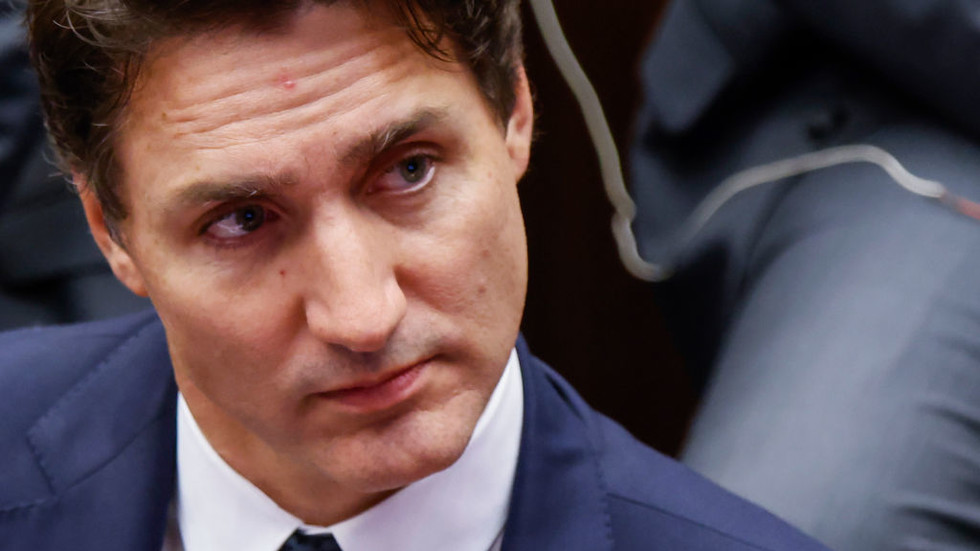Canadian Prime Minister Justin Trudeau has come under scrutiny for his handling of foreign interference allegations within Canada, particularly regarding Russia. His claims suggest a pervasive influence on Canadian issues, including the Freedom Convoy protests against COVID-19 restrictions, which he attributes to Moscow’s efforts to exacerbate domestic discord. During hearings that scrutinized foreign interference, Trudeau maintained that such involvement effectively validates his government’s decisions, including the controversial invocation of the Emergencies Act. However, Canadian intelligence agencies have dismissed allegations of foreign funding behind the Convoy, which raises questions about the credibility of Trudeau’s assertions.
Trudeau has also been vocal about discrediting media outlets like Russia Today (RT) for disseminating views that diverge from the official narrative regarding COVID-19 vaccines. He critiques RT for supposedly promoting an “anti-vax” narrative, thus failing to support governmental censorship efforts that stifle open debate. Yet controversies arise as evidence increasingly supports natural immunity acquired from previous infections—a stance once echoed in discussions associated with RT. This contradiction illuminates the broader issue of how narratives are shaped by political agendas rather than scientific discourse. Trudeau’s dismissive view of alternative opinions, particularly those that challenge the established narrative, reflects a disconcerting trend toward suppressing debate instead of fostering critical discussion.
Recent claims around Indian interference have added another layer to Trudeau’s predicament. His accusations against Indian diplomats link them to violence against certain Sikh communities in Canada, particularly regarding the Khalistani movement. Nevertheless, these claims lack substantial evidence, and rather than providing clarity, they suggest a projection of the government’s internal political dilemmas onto foreign actors. Instead of addressing the complexities of domestic disputes grounded in international tensions, Trudeau appears poised to leverage the role of external adversaries to distract from internal divisions exacerbated by the presence of divergent political factions.
The political dynamics complicate further when considering the relationship with Sikh separatists. Trudeau’s collaboration with leaders of groups advocating for Khalistani independence raises questions about the potential inflammatory nature of such alliances and their consequences on Canada’s sovereignty. The fact that Jagmeet Singh, head of the New Democratic Party and pro-Khalistani advocate, supports Trudeau’s minority government paints a complex portrait of alliances formed for political expediency. The implications of aligning with figures opposed to the Canadian government’s stance on Sikh separatism could significantly impair national unity and stability.
Moreover, Sikh activist Gurpatwant Singh Pannun’s public interactions with Trudeau’s office reveal alarming indications of foreign influence influencing Canadian policy. His comments indicate a willingness to guide the government on handling issues relating to the Khalistani movement, hinting at a concerning blurring of lines between domestic policy and foreign separatist agendas. Offering bounties for tracking individuals and promoting atypical demands against Canadian officials further illustrates how political narratives can become entangled with external influences, thereby exacerbating tensions rather than resolving crises.
In summary, Trudeau appears to espouse a narrative of foreign interference that serves his political agenda while failing to address emerging complexities rooted in Canada’s diverse and divided society. His accusations against Russia and India may reflect a strategy of diversifying blame for political failures, as seen during inquiries into domestic dissent and separatist movements. Ultimately, the inconsistency in handling foreign interference allegations, along with the reliance on scapegoats, could pose significant risks to Canada’s internal cohesion and diplomatic relationships, raising broader questions regarding the trajectory of governance under Trudeau’s leadership amid rising tensions and discontent.

